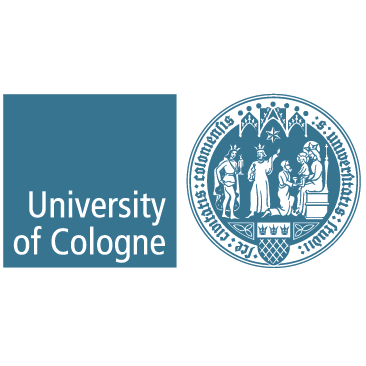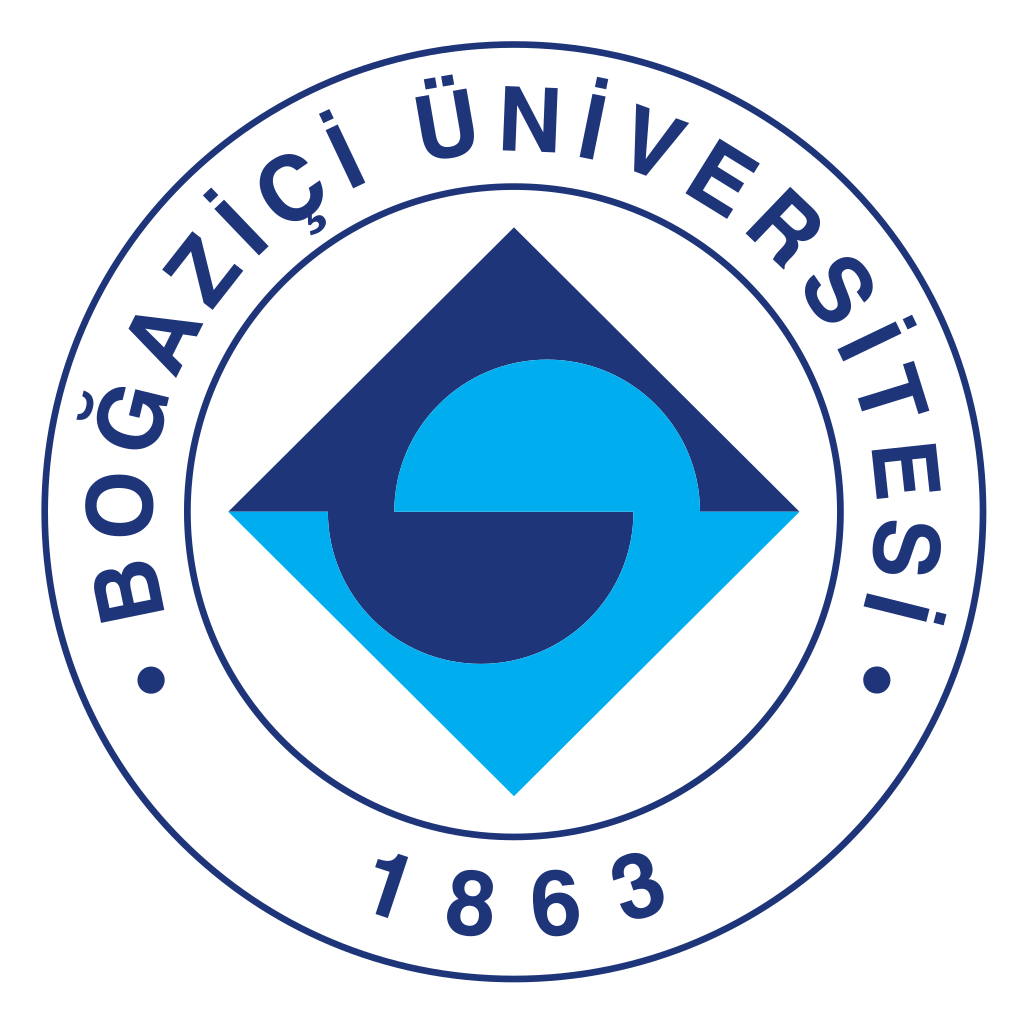Vocabulary Acquisition

A 6-week online module for teachers and tutors of adult immigrants with limited formal schooling/home language literacy.
Last ran between March and May 2021.
Vocabulary is at the heart of language learning and development of reading: a good-sized lexicon is instrumental in moving beyond sounding out words to comprehending text.
The designer of this six week module, Andreas Rohde, along with his team (Kim Schick, Seyma Polat, and Ahlam Tibi, University of Cologne) and Spanish language assistant Marcin Sosinski (University of Granada) take a theoretical approach to the large body of research on how nouns, verbs, and adjectives are learned through explicit strategies for literate, educated second language learners and through implicit processes for young children and adults with limited education and literacy. This also includes what it means to know a word receptively vs. productively and how the learner’s native language influences vocabulary learning in a new language. The module also takes a practical approach, guiding participants in applying research-based ideas to their own teaching/tutoring to consider learners’ vocabulary needs and interests; lesson plans; selection of materials, including authentic, multimodal, and digital tools; and tracking of learners’ progress. Participants will have the chance to conduct action research on the implicit learning of new words.
The module is hosted on a Moodle platform and offered in English as well as Finnish, German, Spanish and Turkish.
Over six weeks, the Vocabulary Acquisition module explores:
Week 1
- What’s in a word?
- Breadth and depth of vocabulary knowledge
- Organizational principles of the mental lexicon
- How and to what extent are words are linked to each other in the mind and what could word webs look like
- Different languages, different “vocabularies”/lexicons
- There is no one–to-one relationship between any two words in two languages.
Week 2
- How children (and adults) acquire new words
- Fast mapping: How we map meanings onto words after hearing them only once or twice
- The role of the environment in word acquisition, especially in second or third language acquisition
Week 3
- Lexical principles: How our ability to do fast mapping can be accounted for
- The whole object assumption (object words refer to objects in their entirety)
- The taxonomic assumption (object words refer to objects of like kind)
- The mutual exclusivity assumption (one object word refers to only one object class)
- The socio-pragmatic approach: We learn words because we recognize other speakers’ intentions
Week 4
- Language learning strategies
- Explicit and implicit learning
- Different types of strategies
- Strategies in multilingual learners
- The learner as detective: inferencing and intercomprehension
Week 5
- Teaching vocabulary
- Which words should be taught?
- How can we introduce new words?
- How can we help learners deepen their knowledge?
- The number of words that can be taught
- Meaning first? form first?
- Means of presentation, how new words are introduced
- Achieving vocabulary depth
- Teaching word parts
- Negotiation of meaning: discussing meaning, asking for meaning
Week 6
- Academic language and reading
- The significance of academic language
- Words that can be considered academic vocabulary
- Introducing new academic vocabulary items
- Interrelation of vocabulary knowledge and reading comprehension
Temario detallado del módulo sobre el vocabulario:
Semana 1
- ¿Qué hay en una palabra?
- Amplitud y profundidad del conocimiento del vocabulario
- Principios de organización del lexicón mental
- ¿Cómo y hasta qué punto se relacionan las palabras entre sí en la mente y qué aspecto podrían tener las redes de palabras?
- Diferentes lenguas, diferentes "vocabularios"/léxicos
- No existe una relación unívoca entre dos palabras en dos lenguas
Semana 2
- Cómo los niños (y los adultos) adquieren nuevas palabras
- Mapeo rápido: cómo asignamos significados a palabras, después de escucharlas solo una o dos veces
- El papel del entorno en la adquisición de palabras, especialmente en la adquisición de una segunda o tercera lengua
Semana 3
- Principios léxicos: cómo se explica nuestra capacidad de mapeo rápido
- La hipótesis del objeto completo (las palabras-objeto se refieren a los objetos en su totalidad)
- La hipótesis taxonómica (las palabras-objeto se refieren a objetos del mismo tipo)
- La hipótesis de exclusividad mutua (una palabra-objeto se refiere a una sola clase de objetos)
- El enfoque sociopragmático: Aprendemos palabras porque reconocemos las intenciones de otros hablantes
Semana 4
- Estrategias de aprendizaje de la lengua
- Aprendizaje explícito e implícito
- Diferentes tipos de estrategias
- Estrategias en el caso de estudiantes multilingües
- El alumno como detective: inferencia e intercomprensión
Semana 5
- La enseñanza del vocabulario
- ¿Qué palabras deben enseñarse?
- ¿Cómo podemos introducir nuevas palabras?
- ¿Cómo podemos ayudar a los alumnos a profundizar en sus conocimientos?
- El número de palabras que pueden enseñarse
- ¿Primero el significado o primero la forma?
- Métodos de presentación, cómo se introducen nuevas palabras
- Alcanzar la profundidad del vocabulario
- Enseñar elementos de palabras
- Negociación del significado: discutir el significado, preguntar por el significado
Semana 6
- El lenguaje académico y la lectura
- El significado del lenguaje académico
- Palabras que pueden considerarse vocabulario académico
- Introducción de nuevos elementos del vocabulario académico
- Relación entre el conocimiento del vocabulario y la comprensión lectora









